By Vox Civis
Up until the 23rd of September 2024, no political movement in Sri Lanka was louder or more impassioned about the “unbearable cost of living” than the National People’s Power (NPP). Its rallies thundered with outrage about how ordinary families were being crushed by rising prices, unfair taxation and government indifference. Its manifesto running into hundreds of pages promised sweeping and immediate relief by way of lower taxes on essential goods, complete abolition of VAT on medicines, school stationery and food, and a broader restructuring of a system it denounced as exploitative and regressive.
Over a year later, with the NPP firmly in power holding not just the executive presidency but also a two-thirds parliamentary majority and local councils as well, the promises have evaporated into silence. Not a single tax has been reduced while many have in fact been increased and the much-publicised pledges to abolish VAT on essentials have been conveniently forgotten. Instead, the cost of living, which the NPP so energetically lamented while in opposition, has continued to soar to unprecedented levels.
As the government prepares to present its second budget, the only reassurance offered by the Minister of Finance has been that no new taxes will be introduced. But that is a far cry from the sweeping tax relief that millions of struggling families were led to expect. For the poorer segments of society, who believed that a “government of the people” would bring tangible economic relief, the silence on tax reform and the promised relief package for the poor is deafening. Yet there is tangible hope that Budget 2026 will deliver on this score.
Price of survival
The extent of Sri Lanka’s cost-of-living crisis is no longer limited to being a matter of perception as it is now empirically measurable. According to Numbeo, the world’s largest crowd-sourced cost-of-living database, Sri Lanka is now the second most expensive country to live in South Asia, second only to the Maldives, a nation with virtually no natural resources and imports everything it consumes.
Numbeo’s analysis, which aggregates real-time user-submitted data on consumer prices, groceries, restaurants, utilities, and transportation, places Sri Lanka’s average monthly cost of living for an individual at USD 506 (around LKR 154,000) excluding housing costs. For a family of four living in Colombo, the cost is estimated at around LKR 571,000 per month, again excluding rent, to maintain a ‘comfortable’ life.
To the average Sri Lankan household, these figures may sound exaggerated as many survive on far less and average salaries are around one fourth of Numbeo’s cost of living estimate. But the point is not that everyone spends this amount; rather, that the relative comparison places Sri Lanka as one of the costliest countries in the South Asian region. For middle-income households, the metrics are revealing. When compared using the same parameters across countries like India, Bangladesh and Nepal, Sri Lanka consistently emerges as the most expensive place to sustain a comparable standard of living.
Even though headline inflation has eased since the economic collapse of 2022, prices remain stubbornly high. According to the Colombo Consumer Price Index (CCPI) compiled by the Department of Census and Statistics, headline inflation rose from 1.5% in September to 2.1% in October. Food inflation increased to 3.5%, and non-food inflation to 1.4%. These seemingly small percentages hide the deeper truth that inflation has moderated not because prices have fallen, but because people have cut back on consumption.
Recovery for whom?
While Sri Lanka has managed to stabilise its macroeconomic indicators with modest foreign reserves, a narrowing trade deficit and success in debt restructuring, the microeconomic reality for households remains dire with the ‘recovery’ not being felt by the people. Despite the government maintaining that the economy is on the rebound, the World Bank estimates that one in three Sri Lankan families is now forced to compromise on food while poverty, which had previously affected around 13% of the population before the 2022 crisis, has nearly doubled since then, with the World Bank’s latest data suggesting that over 25% of the population now lives below the poverty line.
This statistic of one in four Sri Lankans being in poverty represents millions of families skipping or cutting down on meals and withdrawing children from education because they can no longer afford it. It represents an economy where the middle class, once the bedrock of stability and consumption, has virtually disappeared, leaving behind a deeply polarised society split between the very rich and the very poor.
A World Bank household survey published earlier this year observed that a growing number of families are resorting to negative coping mechanisms like selling productive assets, pawning jewellery, and cutting medical and educational expenses merely to survive. By cutting down on medical expenses people are becoming far more vulnerable to more complicated medical conditions requiring extensive and expensive treatment in the longer term. Due to these reasons, what is described as economic stabilisation is in fact economic exhaustion for thousands of families.
According to Central Bank data, in the one year between September 2024 and September 2025, the average per kilo price of common vegetables increased by a staggering 43%. Similar patterns are seen in key protein sources such as meat, fish, and dairy products. As the festive season approaches, price pressure is likely to intensify further, warranting urgent state intervention. What is almost criminal is that while food prices soar in the cities, farmers in rural farmlands are throwing away thousands of kilos of their produce as there are no takers. One farmer recently lamented that he has to sell three kilos of pumpkin in order to purchase a ticket to use the lavatory at the market. Ill timed imports of items such as big onions and potatoes when farmers were harvesting their fields has led to a glut in the market depriving farmers from getting a decent price, throwing them from the frying pan into the fire. For all its pompous boasts of protecting farmers, the regime appears to be clueless on how to get about it.
From populism to paralysis
Much of the NPP’s political appeal stemmed from its populist narrative to overturn the ‘unjust system’ which it claimed burdened ordinary people while shielding the powerful. But now in government, that populism appears to have morphed into paralysis with the NPP nowhere close to delivering the economic and structural reforms it championed while in opposition, which it claimed would pave the way to prosperity.
Its leaders who thundered against unfair tax burdens on the poor and the working class, condemning successive administrations for leaning on indirect taxes like VAT while allowing the wealthy and corporate sector to escape through loopholes and exemptions have done nothing over the course of the past year to reform what it saw as requiring reform with the NPP’s tax policy remaining indistinguishable from that of its predecessors.
The party that vowed to stand up to the IMF and renegotiate even the Debt Sustainability Framework has thus far meekly complied with every IMF condition, rendering the ‘better deal’ it promised voters, redundant. Likewise, the government that promised to cut waste and redirect funds toward education and social welfare is finding itself mired in controversy increasingly regularly over luxury purchases, wasteful expenditure and questionable procurement practices – the very things it ranted against for the longest time.
Return of waste and privilege
Despite much rhetoric about austerity and efficiency, government extravagance continues unabated. A case in point is the reported purchase of 1,775 pickup trucks for government use. No longer is there talk of state-owned luxury vehicles being auctioned along with other excess vehicles of which it had an exhaustive list. The make matters worse the latest mega truck tender is already mired in controversy with mounting allegations of tender manipulation where bidders have only been given 12 days to apply.
Meanwhile, the much-publicised vehicle auctions that were supposed to raise funds for school construction and welfare projects have also devolved into farce. Allegations abound that the vehicles were sold to known associates and political insiders at a fraction of their market value. Instead of building new schools with these funds, the government is now reportedly considering closing down several existing ones, citing low student numbers and budget rationalization, adding to the litany of broken promises.
In the midst of these contradictions, stories of ministerial excess abound. Reports recently surfaced of a group of ministers who travelled to the United Kingdom on a SriLankan Airlines flight, purchasing economy-class tickets but allegedly having travelled in business class. The incident – widely circulated on social media and YouTube – has become symbolic of the growing disillusionment with the government that promised integrity and transparency.
The irony is profound. SriLankan Airlines, which posted an operational profit of Rs. 3.8 billion in the 2023/24 financial year, has since reported a Rs. 7.6 billion loss for 2024/25. At a time when the airline and the broader economy are bleeding, the political class remains comfortably insulated from the pain it vowed to end by continuing to use and abuse the very privileges it promised to do away with.
Mirage of fiscal discipline
Perhaps the most damning indicator of Sri Lanka’s economic direction lies in its rapidly ballooning debt. After the commencement of the IMF programme, despite a record increase in taxation, the government’s total debt has reportedly risen by nearly a trillion rupees within just the first six months of 2025.
According to the Ministry of Finance, total public debt, which stood at Rs. 28.7 trillion at the end of December 2024, climbed to Rs. 29.7 trillion by June 2025, a daily increase of approximately Rs. 5.6 billion. This trajectory directly contradicts the narrative of fiscal consolidation and exposes the fragility of the so-called recovery. While the regime boasts of increasing revenue through taxation and customs duties, little is said about the parallel increase in expenditure and debt.
What this means is that while citizens are being taxed heavily on the pretext of fiscal discipline, the state itself not only continues to borrow at unsustainable rates but is also spending irrationally as exemplified by the purchase of 1775 pick-up trucks. Debt servicing reportedly consumes nearly 70% of government revenue, leaving precious little for education, health, or social protection. The government justifies the status quo by claiming that debt accumulation is part of the restructuring process and that macro stability must precede relief. But for the average citizen, such logic is meaningless when food prices continue to rise and basic needs are fast turning into luxuries.
Erosion of credibility
What is striking about the current administration is the widening gap between its rhetoric and reality. The NPP rose to power on the promise of a moral, transparent, and people-centered alternative. Yet, within a year, it has duplicated the very establishment it sought to dismantle. Ministers in increasing numbers are traveling overseas in the name of ‘building international relationships,’ but none of these visits have yielded tangible outcomes for the benefit of the nation.
When the people voted for change, they expected not just a different face at the helm but a different system that would prioritise equity, accountability, and social welfare over political privilege and populist theatrics. Instead, what is being delivered is continuity under a new brand name. Perhaps the most critical failure of the NPP government lies in its inability or rather its unwillingness to pursue meaningful tax reform that will tax the rich more and the poor less. Sri Lanka’s tax system remains heavily regressive with indirect taxes like VAT accounting for the lion’s share of revenue, while the volume of direct taxes like income, corporate, and property taxes, remain low.
Economic analysts have long argued that this imbalance is both unjust and unsustainable. The poor pay proportionally more of their income in taxes than the rich. Wealthy corporates continue to enjoy exemptions and concessions, while public services such as education and healthcare continue to suffer chronic underfunding.
Numerous policy experts, including those from the Institute of Policy Studies and the World Bank, have called for a shift towards progressive taxation, one that increases direct taxes on high-income earners and profitable corporations, reduces wasteful tax incentives and tax holidays, and uses the proceeds to invest in human capital. Perhaps Budget 2026 that is to be presented in parliament next week, will set the required policy direction in this regard.
Despite enjoying unprecedented political strength, President Anura Kumara Dissanayake’s government has shown little appetite for such bold reform. The political will appears absent, and the institutional machinery needed to enforce progressive taxation remains weak.
Budget 2026
As the government prepares to present Budget 2026, expectations are muted but the stakes are immense. For millions of Sri Lankans pushed to the margins of survival, this budget represents the last chance for the NPP to reconnect with its own promises and restore public faith. It must use this Budget to confront the moral contradiction at the heart of its governance; the chasm between what it preached and what it now practices. After all, a party that took on the role of spokesperson for the working class for the longest time cannot continue to act oblivious to its past when in complete control of the economy and nation’s budget. A party that promised “immediate” relief cannot continue to justify the suffering of the poor as ‘fiscal adjustment.’
If the NPP’s second budget once again sidesteps meaningful tax reform, if it fails to address waste and corruption, and if it ignores the plight of the middle and lower classes, it will have lost not just credibility but also legitimacy. As things stand, Sri Lanka’s economic recovery is, at best, a statistical illusion where the numbers may look impressive on paper, but the lived reality tells another story: one of deepening inequality, eroding trust and growing economic despair.
The NPP having come to power as a movement of hope, risks becoming just another chapter in the long saga of political betrayal unless it begins to walk the talk on providing a better deal for the poor in particular and every Sri Lankan in general. For a nation that has endured crisis after crisis, the people deserve more than empty rhetoric. They deserve a government that remembers why it was elected. All eyes will now turn to Budget 2025 – not just as a fiscal document, but as a moral test.
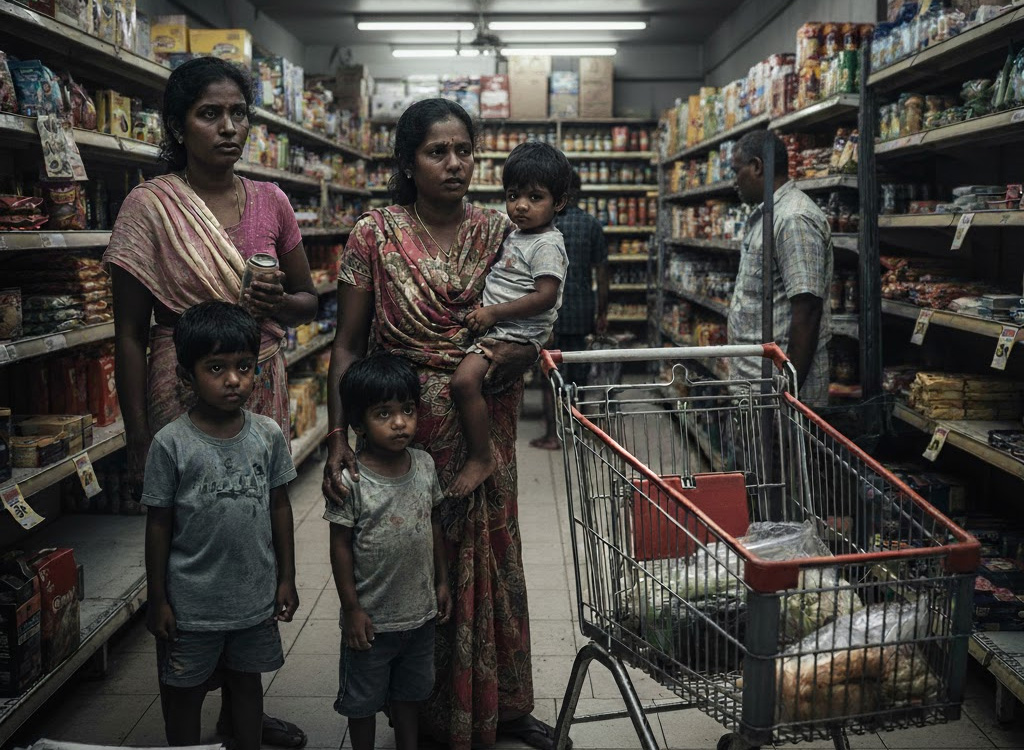
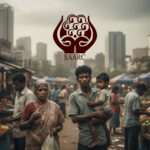
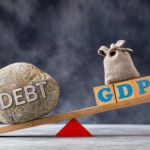
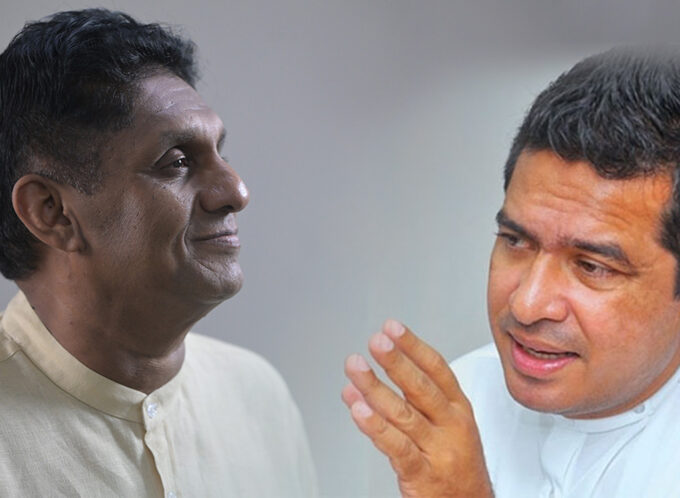
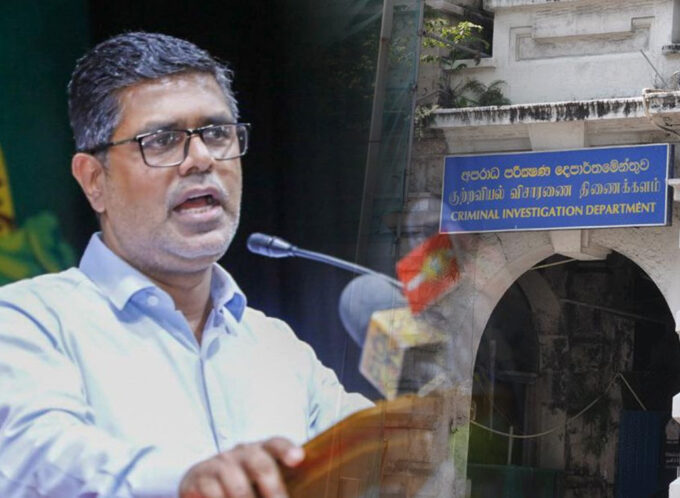
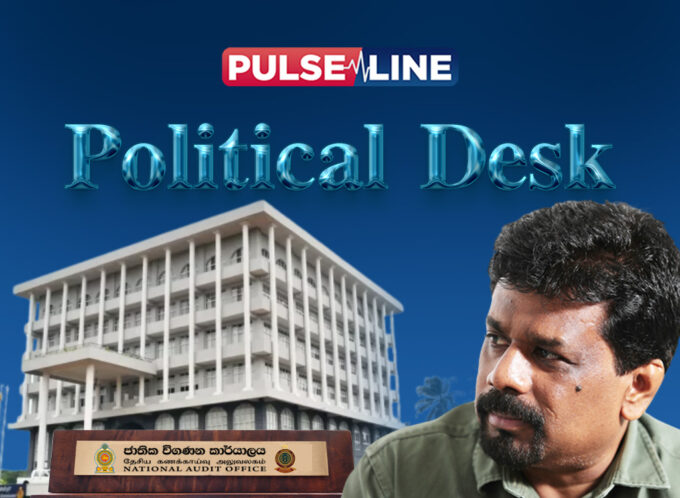
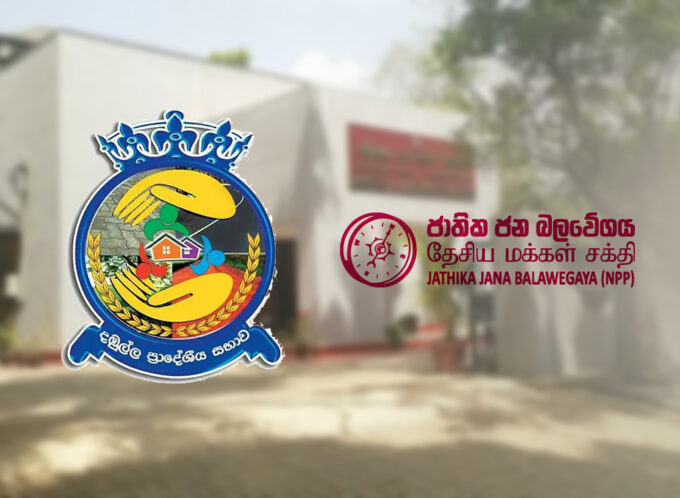


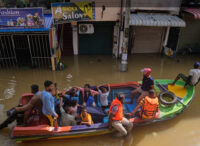

Leave a comment